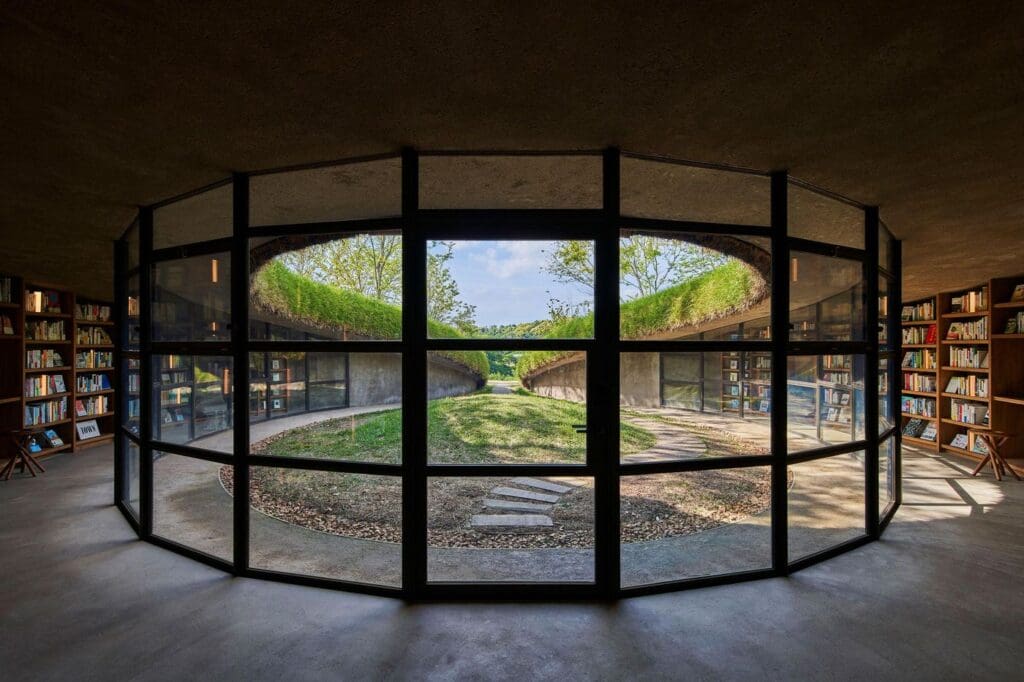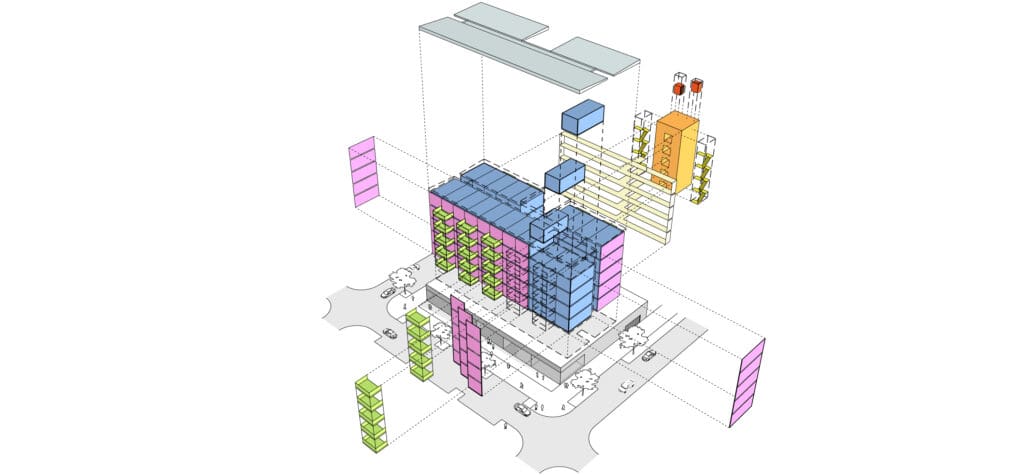Our Picks From The London Design Biennale 2016

Earlier this month the first ever London Design Biennale opened to the public. 37 countries and territories came together in a culturally diverse, immersive and inspiring exploration into the role of design.
Titled Utopia by Design, this year’s theme inspired participants to explore big questions and ideas around sustainability, migration, pollution, energy, cities and social equality. Their responses celebrate cultural diversity and show design’s innate power to strike up and inform debate.
We have to admit that it was a challenge for the Modscape team to narrow down a list of favourites from the inaugural event. But we do love a challenge, so here are our top three designs:
Plastic Effects – Australia
Australian designer Brodie Neill’s installation draws attention to – and finds beauty in – ocean-based plastic waste. Tiny fragments of recycled ocean plastic salvaged from beaches around the world were separated by colour before being processed and arranged into a terrazzo-like pattern and inlaid into the Gyro Table.
Neill used the Biennale’s theme to highlight the potential of a material that is currently polluting the world’s oceans. Plastic –a material once considered utopian in itself – devastates marine life of all kinds, and thousands of tonnes of debris are washed up on our coastlines every year.
Parawifi – Cuba

When Cuba introduced public Wi-Fi in 2013, smartphone users began to flock and crowd around hotspots – standing or sitting on the kerb and other makeshift street furniture.
In response, designers Luis Ramirez and Michel Aguilar have developed a modular seating system that can be clustered together to form “digital oases” that rethink urban space and allow users to recharge devices using in-built solar panels.
A prototype was installed inside Somerset House as part of the Biennale and was a big hit with the crowd.
Welcome to Weden – Sweden
Welcome to Weden highlights the power of working together and promotes the strength of collaboration. Sweden invited 15 pairs of designers and manufacturers to work together on an equal footing for the Biennale exhibition.
The name emphasises the ‘we’ in Sweden, and points towards a more inclusive future society, where the risks and rewards are shared more equally.
The design projects stress smaller-scale and local production with room for the artistic process. The aim is to establish an alternative model to the existing system of unethical, large-scale mass production.






